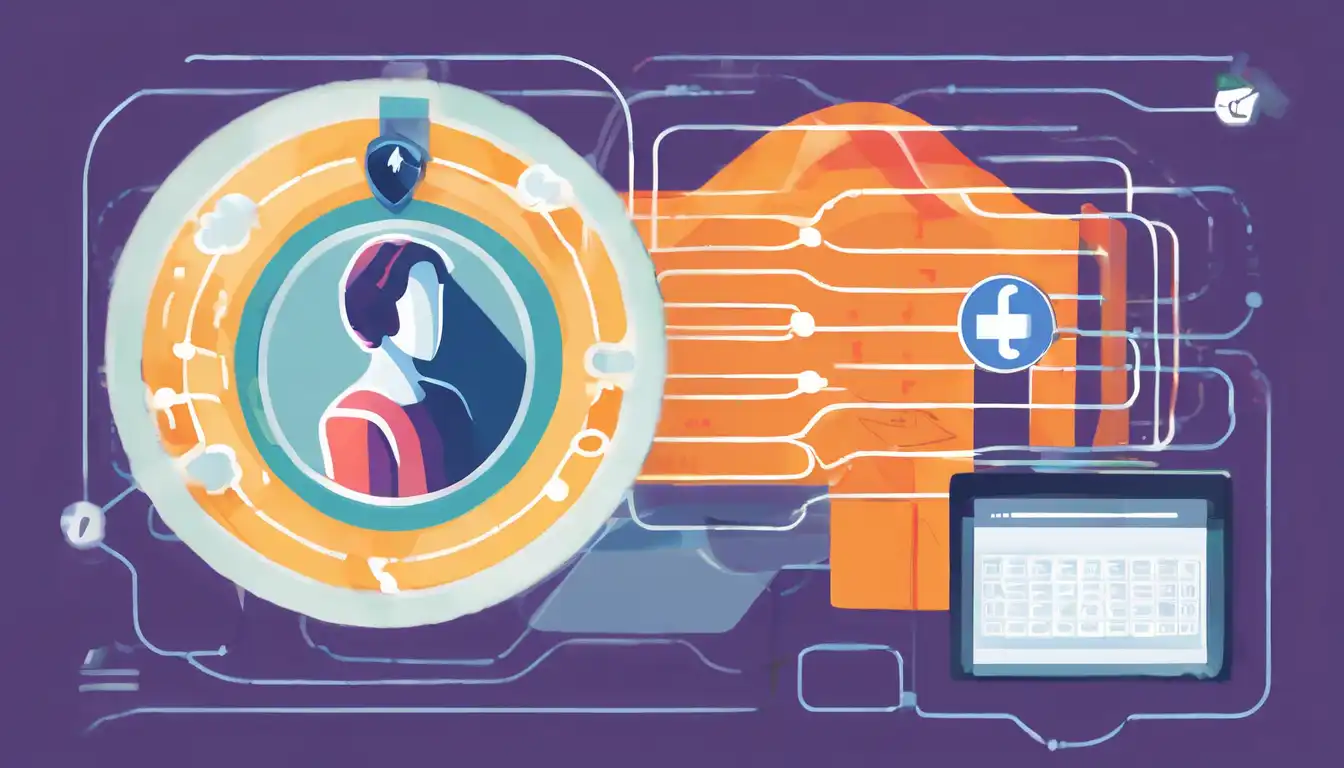Why VPNs Are Crucial for Online Privacy
In today's digital age, protecting your online privacy has never been more important. With cyber threats on the rise, a Virtual Private Network (VPN) serves as a critical tool in safeguarding your internet connection. This guide will explore the ins and outs of VPNs and how they contribute to your online privacy.
What Is a VPN?
A VPN is a service that encrypts your internet connection and hides your IP address, making your online actions virtually untraceable. This not only secures your data from hackers but also protects your privacy from prying eyes.
How Does a VPN Protect Your Privacy?
By routing your connection through a secure server, a VPN masks your real IP address, making it appear as though you're accessing the internet from a different location. This is particularly useful for bypassing geo-restrictions and censorship.
Choosing the Right VPN for Your Needs
Not all VPNs are created equal. When selecting a VPN, consider factors such as encryption standards, server locations, and privacy policies. Here are some key features to look for:
- Strong Encryption: Look for VPNs that offer AES-256 encryption, the gold standard in data security.
- No-Log Policy: Ensure the VPN provider does not keep logs of your online activities.
- Speed and Reliability: A good VPN should offer fast connection speeds without significant drops.
- Server Locations: More server locations mean more options to bypass geo-restrictions.
The Role of VPNs in Public Wi-Fi Security
Public Wi-Fi networks are hotspots for cybercriminals. Using a VPN on public Wi-Fi encrypts your data, protecting it from potential interceptors. This is essential for maintaining privacy and security on the go.
Beyond Privacy: Additional Benefits of Using a VPN
While privacy is a significant advantage, VPNs offer several other benefits, including:
- Access to Geo-Restricted Content: Stream your favorite shows and access websites that may be blocked in your region.
- Safe Online Transactions: Encrypt your financial transactions to prevent fraud and identity theft.
- Anonymous Browsing: Keep your browsing habits private from advertisers and trackers.
Setting Up Your VPN: A Step-by-Step Guide
Getting started with a VPN is straightforward. Follow these steps to secure your online privacy:
- Choose a reputable VPN provider based on your needs.
- Download and install the VPN application on your device.
- Connect to a server location of your choice.
- Enjoy a secure and private internet experience.
Conclusion: The Importance of Online Privacy in the Digital Era
In conclusion, a VPN is an indispensable tool for anyone looking to protect their online privacy and secure their internet connection. By understanding how VPNs work and choosing the right service, you can enjoy the internet with peace of mind, knowing your data is safe from cyber threats.
For more insights on internet security, check out our guide on Understanding Cyber Security.
